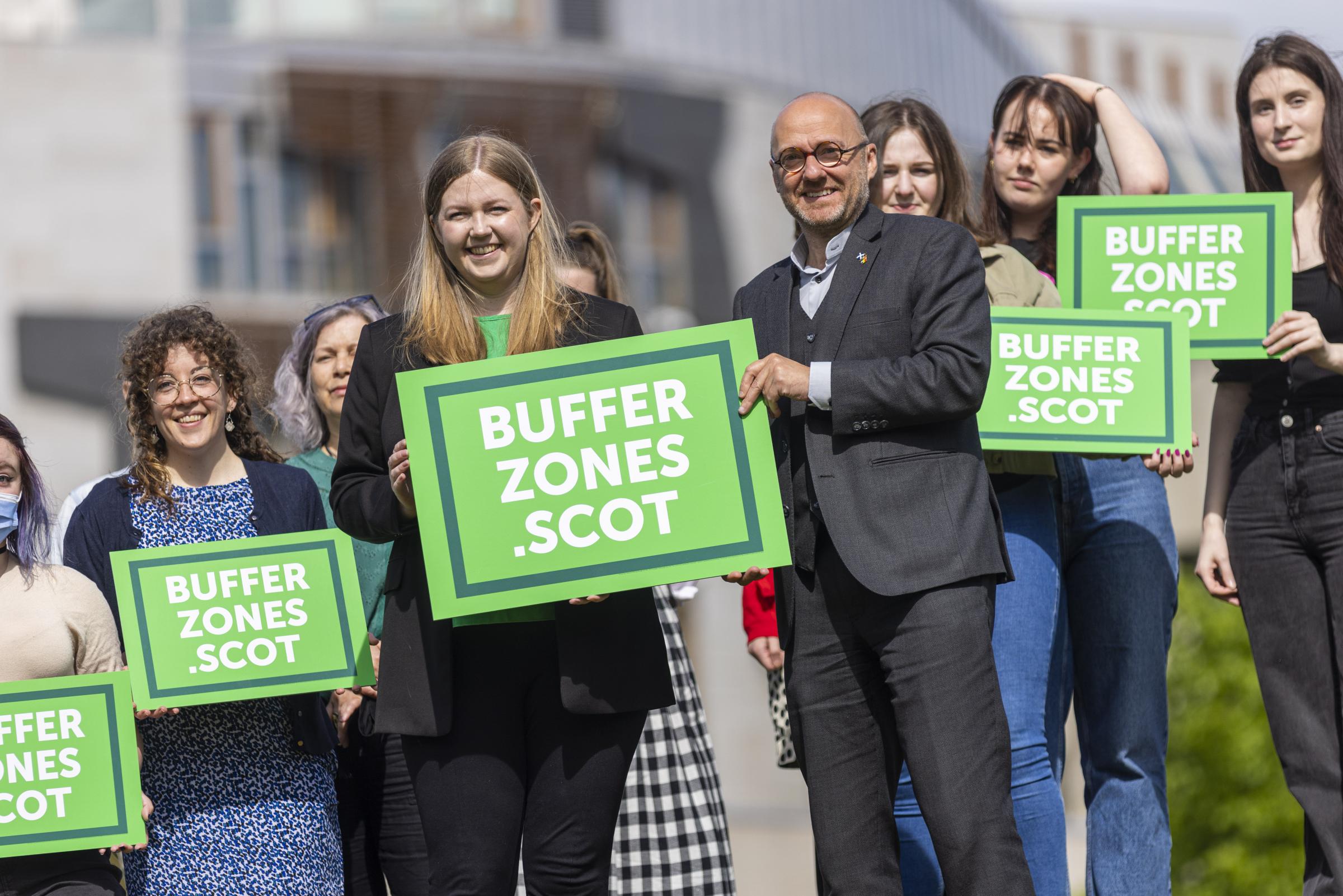
THE First Minister has set a date for the second summit on abortion rights to further discuss the implementation of buffer zones around abortion clinics in Scotland.
Nicola Sturgeon will gather representatives from council umbrella body COSLA and “the most affected Local Authorities” on August 29.
At the first summit in June the First Minister announced that the government was considering enacting buffer zones in “test councils” – with Edinburgh and Glasgow identified as potential candidates.
A spokesperson for the Scottish Government said: “The First Minister will convene a meeting with representatives from COSLA and the most affected Local Authorities on 29 August.

"The meeting will focus on the bye-law process and aims to continue discussions with local government on how best to protect patient rights in the shorter term, whilst national legislation is progressed.”
It comes as the public consultation on Scottish Greens MSP Gillian Mackay’s private members bill to introduce 150-metre anti-abortion buffer zones around clinics across Scotland closed.
Scotland has seen an increase in the number of anti-abortion protests outside of health clinics this year.
In response the Scottish Government has commissioned research on anti-abortion protests costing £68,112.
It says it hopes the research will give them a better picture of the “prevalence and scale” of abortion protests in Scotland and the impact it has on those attempting to access services.
But the co-founder of a campaign group calling for buffer zones told The Scotsman they have reservations about whether the research will provide new information and be worth the time and money.
Lucy Grieve, co-founder of Back Off Scotland, said: "We’ve got the evidence and we don’t need to undertake more expensive research to learn what we already know.
"The collation of evidence they want to do will take a lot more time and more women and staff will be harassed in the interim.
"This money could be better spent funnelling it into propagating the buffer zone working group or getting legal advice for the legal challenges we are inevitably going to face.”
However, the Scottish Government said that action will not depend on the research being completed.
A spokesperson said: “The First Minister has been clear that work to find a way through the complex legal issues that apply to safe access zones will not have to await this research being complete. However, this research is a vital part of building the required evidence base as legislation is progressed.”







